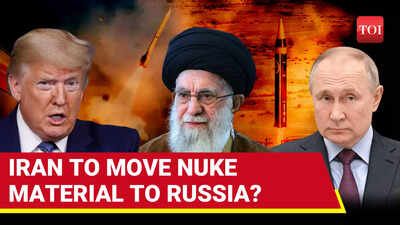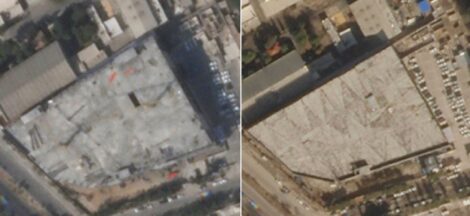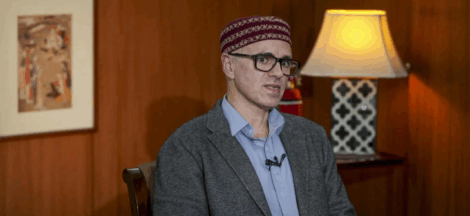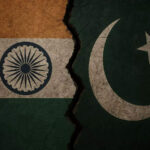A derogatory comment made by Gaurav Arya, a prominent YouTuber and former army officer, about Iran’s Foreign Minister Abbas Araghchi has triggered a diplomatic incident between Tehran and New Delhi. The Indian Embassy in Tehran swiftly distanced itself from Arya’s statement, emphasising that his views do not represent the official stance of the Indian government.
Arya, known for his nationalist commentary, made the contentious remark during a live broadcast, referring to Minister Araghchi in a manner perceived as disrespectful by Iranian audiences. The comment rapidly gained traction on social media platforms, leading to widespread criticism from Iranian citizens and officials alike.
In response to the uproar, the Indian Embassy in Tehran issued a formal statement clarifying that Arya’s opinions were his own and not reflective of India’s diplomatic position. The embassy reiterated India’s commitment to maintaining respectful and cordial relations with Iran, underscoring the importance of mutual respect in international discourse.
Iran’s Foreign Ministry acknowledged the embassy’s clarification but expressed concern over the incident, highlighting the potential impact of such statements on bilateral relations. Minister Araghchi, who has been at the forefront of Iran’s diplomatic engagements, has not publicly commented on the matter.
This incident occurs against a backdrop of longstanding ties between India and Iran, characterised by cultural exchanges and strategic partnerships. Notably, both nations have collaborated on significant infrastructure projects, including the development of the Chabahar Port, which serves as a critical trade link connecting India to Afghanistan and Central Asia.
However, the relationship has faced challenges, particularly concerning U.S. sanctions on Iran, which have complicated financial transactions and investments. Despite these hurdles, both countries have expressed a desire to strengthen their partnership, focusing on areas of mutual interest and regional stability.
The diplomatic community in New Delhi has taken note of the incident, with several officials emphasising the importance of responsible public discourse, especially by individuals with significant followings. There is a consensus that while freedom of expression is a fundamental right, it must be exercised with an awareness of its potential international ramifications.
Analysts suggest that this episode serves as a reminder of the delicate nature of international relations and the role that media personalities play in shaping public perception. It underscores the need for individuals, particularly those with substantial influence, to approach commentary on foreign affairs with sensitivity and an understanding of diplomatic nuances.




 India-Pakistan Tensions Rock Hospitality Business
India-Pakistan Tensions Rock Hospitality Business 